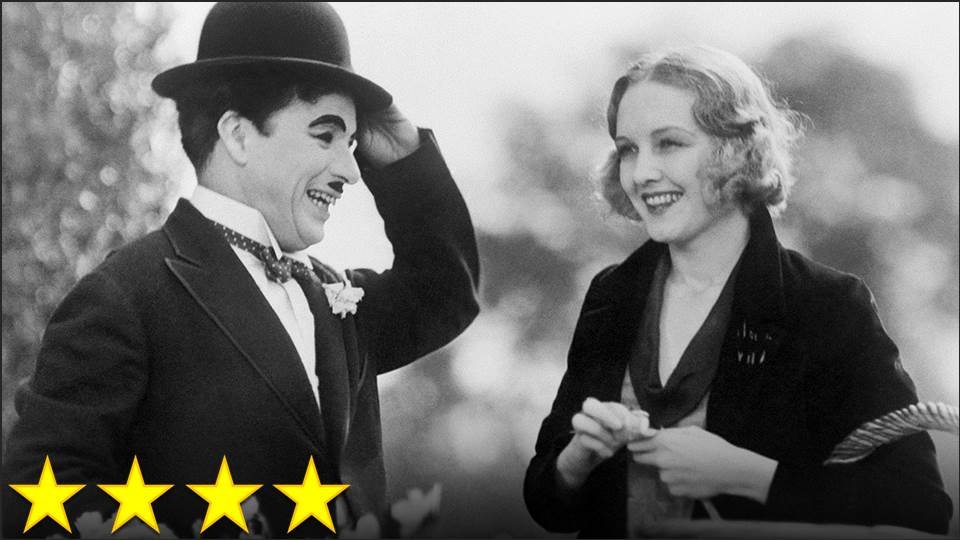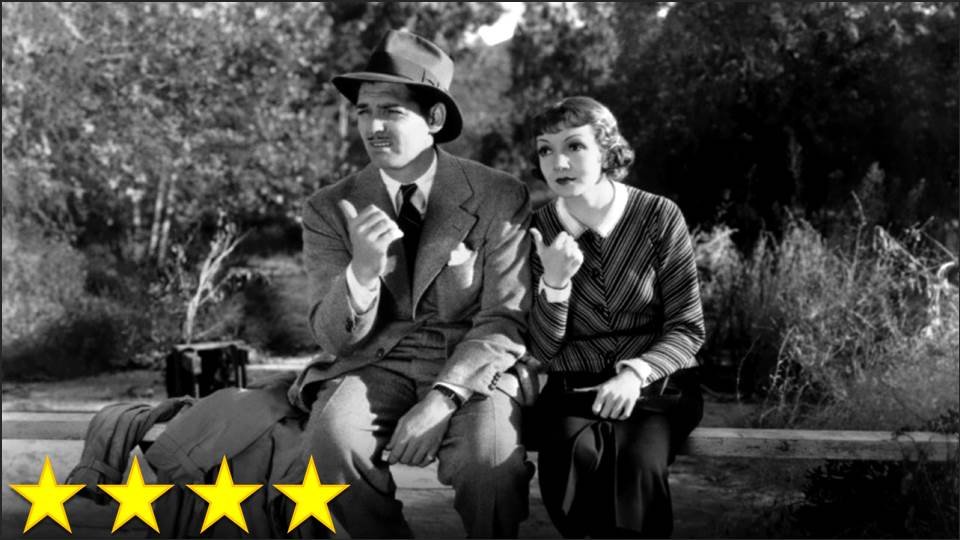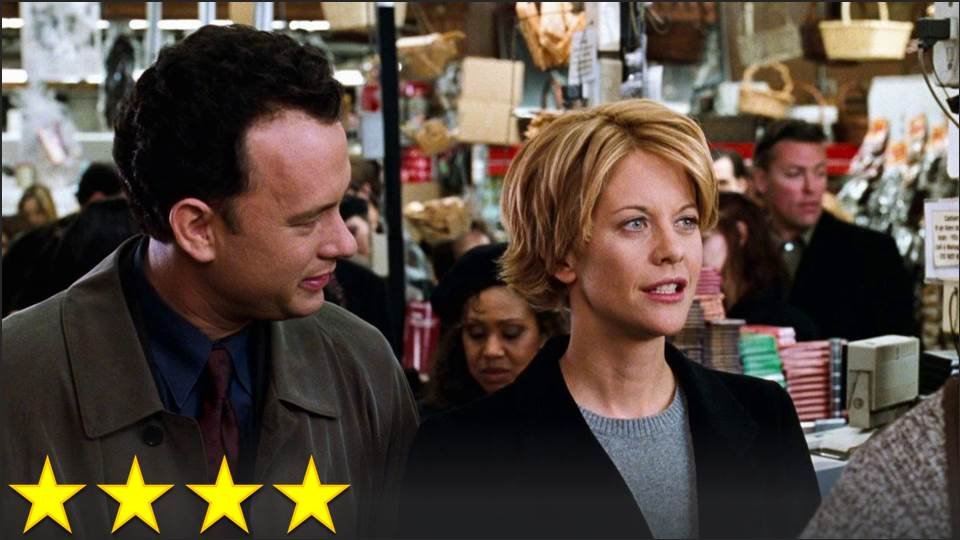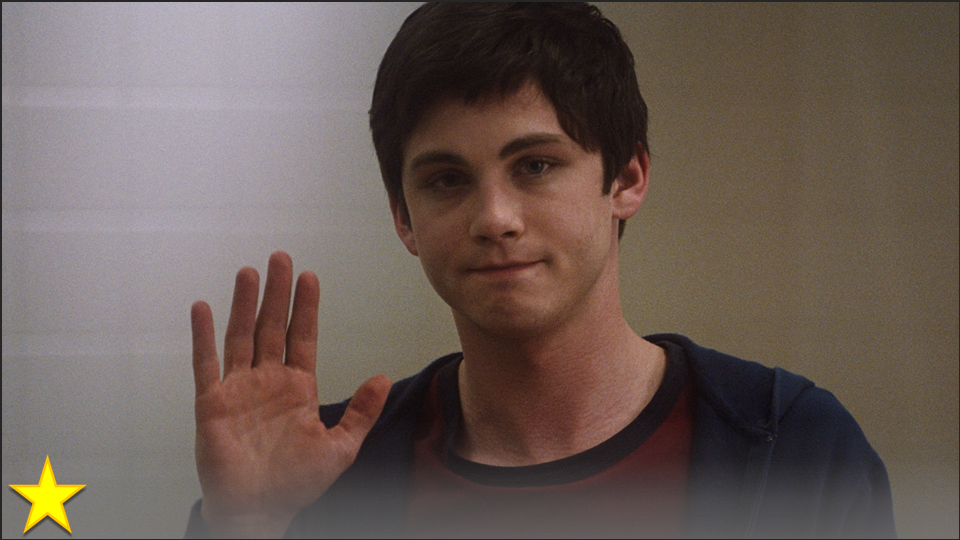It’s often said that “film is a visual medium,” and I’m starting to think that, if cinema were a religion, this would be its most holy of dogmas. One of the marks of someone who’s trying to create the sense that he/she is an expert on film is an insistence that the most impressive and most pure filmmaking is that which focuses on visual storytelling. The trailer for STAR WARS: The Old Republic was immediately hailed as an excellent short film upon its release both on the web and at my college because it told a story using hardly any dialogue. Surely the success of films from companies like PIXAR that like to show off their ability to tell stories this way (think of the first twenty minutes of UP) tells us that film is indeed a visual medium and that its storytelling must be primarily visual, right?
No. This idea is a load of elitist bull-crap that should have died with Epstein. My evidence for this is obvious: no one today wants to watch silent films. No one. I know because I spent my autumn semester at the University of Maryland sitting in a classroom filled with film students taking a course on silent cinema, and they skipped whichever films they could, trying to watch as few as possible. These are the film majors – the next generation of movie critics, movie-makers, and movie-lovers – and they did not have the patience for any silent films longer than fifteen minutes. On the other hand, the film that does get a positive reaction – and is even shown to non-film students in classes in other departments from what I hear – is Modern Times.
Modern Times works well because, in spite of the fact that it has hardly any spoken dialogue, Chaplin had complete control over the soundtrack, and the same is true for City Lights. While storytelling without dialogue is often very impressive, it’s not the same as visual storytelling so long as it incorporates a soundtrack that’s controlled by the filmmakers. Ever since Eisenstein first wrote about vertical montage, filmmakers and film critics should have accepted that sight and sound work together in film to create the cinematic experience, playing off of each other even in the presence of dialogue, constantly changing each other’s meaning, value, and power. I think Chaplin understood this, and this understanding makes City Lights far better than any silent film I’ve ever seen. Actually, I think some of the film’s strongest jokes are the ones built around audio, such as the part when the Tramp swallows the whistle or the opening scene that casts kazoos as the voices of the churlish officials and aristocrats – each of which I have seen imitated in one form or another in later comedy productions (The Three Stooges and the Charlie Brown specials, respectively).
I think this film is just barely better than Modern Times, although I think I should have given that film I higher rating than I did now that I’ve seen it twice and appreciate it more, if only because City Lights has a stronger plot. Modern Times has a very loose narrative structure, as if Chaplin wrote the screenplay saying, “And now we’re going over here to do this gag, and now we’re going over there to do that routine.” With City Lights, there’s a bit more focus on two main storylines, and the film’s primary weakness is the separation of these two plotlines, almost making me wonder why this is one feature-length film instead of two different short films. Still, they’re tied together just enough that the story is engaging and entertaining, even if it is a little bit too dramatic and depressing at times given how much suffering our beloved Tramp endures. It’s worth noting that each of these two storylines is based on a brilliant idea, the first being a man who’s the Tramp’s best friend when drunk but a stranger to him when sober, and the second – the one that’s so intelligently stupid it seems like it must have come from the Monty Python troupe – a blind girl falls in love with a silent comic. In the end, with its heartwarming charm, captivating romance, clever comedy, unique potpourri of cities, smart use of sound effects, and enthralling musical score, City Lights is one of the greatest displays of Chaplin’s genius as a cinematic craftsman.






